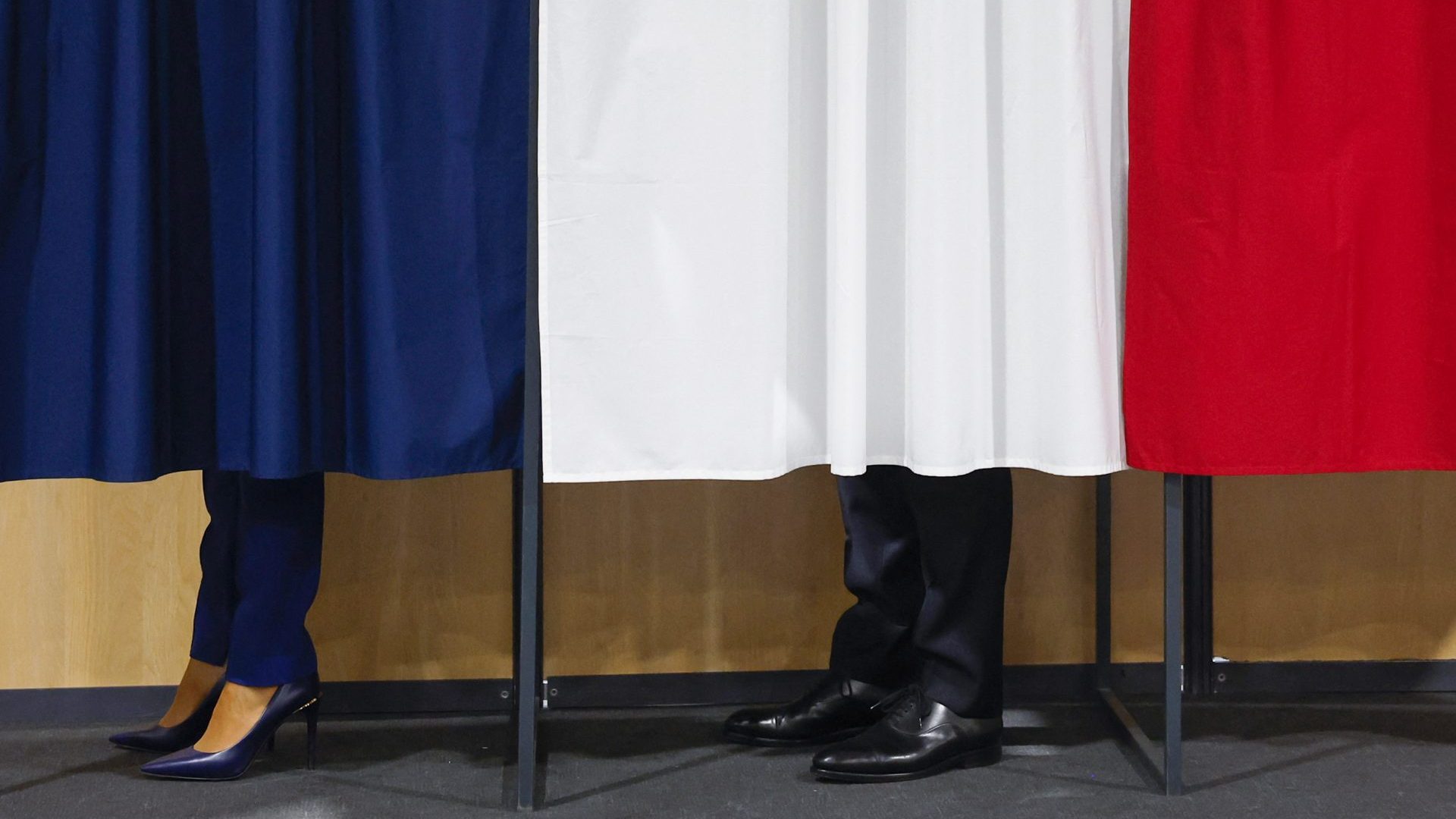The French parliamentary election results earlier this year were met with largely widespread jubilation – not only had Marine Le Pen’s National Rally failed to become the largest political grouping in the parliament, they had actually finished third. The populist right had been held at bay, and more convincingly than more people dared to hope was possible.
But after the party comes the hangover: the election results left the parliament even more divided than it was before, with three groupings of fairly comparable sizes. The left wing coalition got slightly more seats in total than did Macron’s own Renaissance grouping, which in turn got a few more than National Rally.
None of these groupings are big enough to govern on their own, but as it stands none of them can hammer out terms and conditions under which they would be happy to prop up – or be propped up in turn by – one of the others. The result is a stalemate which is rendering parliament unable to govern.
As the largest group, the left wing coalition wants a chance to govern. This is how it would work in most parliamentary systems: the winner of the largest grouping gets the first chance to show whether or not it can form a viable government.
In a purely parliamentary system (such as the UK’s), this is what would happen next. Lucie Castets, that coalition’s chosen candidate for prime minister, would try to form a government. If she could pass a confidence motion, she’s the prime minister – if not, back to the drawing board, and if after a given period of time no-one had managed it, there would be another election.
France, though, doesn’t have a purely parliamentary system – it has a president, and it’s the president who appoints the prime minister. Emmanuel Macron is still the president, and he is outright refusing to appoint Castets.
The result is a lot of anger in his direction, and very little else happening as France lacks most of the key offices that make up a government. Macron’s argument is that Castets does not have the support of a majority of France’s parliament, and so would immediately lose a confidence vote, plunging France into chaos.
But by intervening in the process, he is not letting anyone concerned find out – and he avoids forcing his own parliamentarians from actually voting. What should be a matter of parliamentary maths and the consequences it forces in terms of compromise is instead held up because of presidential fiat. All of this contributes to the kind of chaos and stagnation that could come to benefit National Rally, if allowed to continue.
The issue is a constitutional one. Brits who know anything about the French political system tend to poke fun at it: France is on its fifth Republic since overthrowing the monarchy. The cynical British view is that France is on its fifth constitutional republic because the first four failed – lasting just a few years or decades at a time.
To Brits that is a sign of instability – but French people could argue that a constitution that changes with the time is less archaic than 1,000-year-old rules no-one has ever bothered to write down.
The fourth Republic has a strong parliament and a weak president and was prone to deadlock. After the second world war, Charles De Gaulle insisted on a new constitution vesting much more power in the president as his price for taking the presidency.
The result is a messy system that is neither truly presidential nor truly parliamentary. It is a bit of a mess and a muddle, though one that has lasted with relative stability since the middle of the 20th century.
Macron’s intransigence when it comes to appointing a prime minister is vanishingly unlikely to be the event that brings decades of messy constitutional compromise to their end, but it does serve as a reminder that, on some fundamental levels, the constitutional settlement of the French fifth republic doesn’t really work. Whether now or at some point in the near future, that will surely come to a crunch point.










